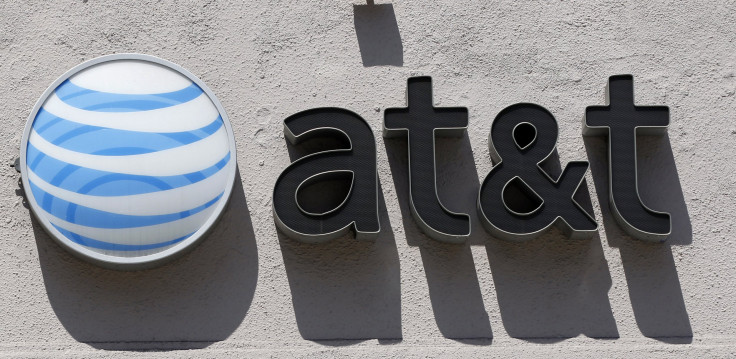AT&T Announces Sponsored Data At CES 2014: Subsidized-Data Program Sparks Net Neutrality Concerns

At the 2014 International CES, AT&T (NYSE:T) announced Sponsored Data, a new service that allows individual companies to sponsor AT&T data usage.
With the Sponsored Data service, sponsor companies pay for the data usage of their sponsored content by AT&T users. In turn, AT&T subscribers will be able to view the Sponsored Data content without using any of their existing data limits. While the use of Sponsored Data doesn’t count against the data limit of AT&T subscribers, AT&T says Sponsored Data isn’t delivered any faster than non-sponsored data.
Some of the examples AT&T gave for Sponsored Data usage include:
"Encouraging customers to try a new smartphone or tablet app.
Promoting movie trailers or games.
Providing patient healthcare support via wellness videos.
Encouraging customers to browse mobile shopping sites.
Allowing businesses with ‘Bring Your Own Device’ policies to pay for the data employees use for specific business-related apps and services.
Enhancing customer loyalty programs by providing sponsored data access to products and services."
“Customers love mobile content. Whether it’s shopping, banking, entertainment or personal wellness, mobile content is increasingly available for customers almost anywhere and anytime. And that’s what makes this a win-win for customers and businesses – customers just look for the Sponsored Data icon and they know the data related to that particular application or video is provided as a part of their monthly service,” said Ralph de la Vega, president and CEO, AT&T Mobility.
While AT&T lauds this new service as a plus for consumers and businesses alike, Internet advocacy groups such as Public Knowledge have criticized the move as a threat to net neutrality.
“The FCC needs to protect consumers and creators from internet service providers who want to pick winners and losers online. This is but the latest example of how data caps are increasingly becoming used to threaten the open Internet. As AT&T CEO Randall Stephenson announced in May, data caps are all about forcing content creators to pay and are no longer about any sort of network congestion. In December, Stephenson admitted to investors that they had addressed the network capacity issues that were used to justify data caps in the first place,” Michael Weinberg, acting co-president of Public Knowledge, said in a statement.
The actual effects of the Sponsored Data service have yet to been seen by the public. But critics argue that the service could potentially push smaller content players out of the market entirely, placing preference on those that pay extra for “preferred access.”
Rumors about the Sponsored Data program first surfaced in May 2013, when the Wall Street Journal broke news about Walt Disney Co. (NYSE:DIS)-owned ESPN being in talks with AT&T about a data subsidy deal.
Criticizing the move by AT&T, Weinberg added, “The company that connects you to the Internet should not be in a position to control what you do on the Internet. AT&T's announcement positions itself to do just that.”
While net neutrality has been discussed extensively with wired broadband connections, especially with services such as Netflix (NASDAQ:NFLX), the surge of mobile Internet traffic usage in recent years has reopened the debate.
How do you think AT&T’s new Sponsored Data service will affect net neutrality? Let us know your thoughts in the comments below.
© Copyright IBTimes 2025. All rights reserved.




















